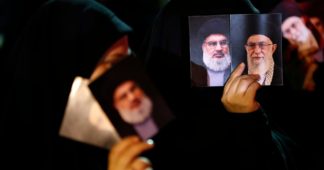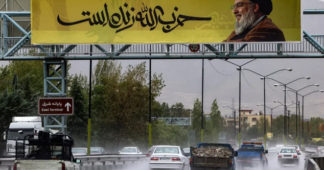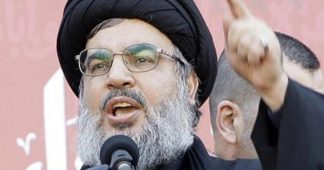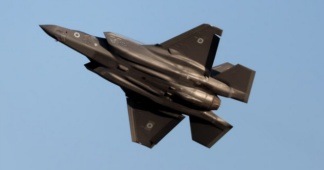By Patrick Wintour
Sep. 28, 2024
When Antony Blinken, the US secretary of state, told reporters in New York on Friday that the coming days will determine the future path of the Middle East, he could not have been more prescient, even if at the time he was hoping that Hezbollah and Israel could be persuaded to step back from the brink.
Now, with the Hezbollah leader Hassan Nasrallah confirmed killed, the region, after 11 months, has finally stepped over the brink and into a place it has truly never been before.
All eyes will turn to the response by Tehran. It faces the fateful choice it has always sought to avoid and one its new reformist leadership in particular did not wish to make.
If it simply angrily condemns Israel for the destruction of the centrepiece of the axis of resistance that it has laboriously built up over so many years, or calls on others to take unspecified action, Iran’s credibility is in jeopardy.
But pragmatism may lead Iran to advise Hezbollah to absorb the losses and accept a ceasefire that does not also bring about a ceasefire in Gaza, Hezbollah’s stated objective.
If on the other hand Iran instead launches a direct military reprisal against Israel, it has to be meaningful. It knows it will be going into battle against a military that has proved the deadly value of its vastly superior technological and intelligence capabilities. Israel’s intelligence has clearly penetrated deep inside Hezbollah and may have done the same in Tehran.
For the new president, Masoud Pezeshkian, elected on a ticket of lifting economic sanctions partly by building better relations with the west, Nasrallah’s death could not come at a worse time.
His foreign minister, Sayeed Abbas Araghchi, had just spent a full week in New York on the sidelines of the UN general assembly, meeting European politicians such as Germany’s foreign minister, Annalena Baerbock and the British foreign secretary, David Lammy, in an attempt to persuade them to reopen talks to restore the nuclear deal that was sealed in 2015 – and Donald Trump tore up in 2018.
Continue reading at www.theguardian.com
We remind our readers that publication of articles on our site does not mean that we agree with what is written. Our policy is to publish anything which we consider of interest, so as to assist our readers in forming their opinions. Sometimes we even publish articles with which we totally disagree, since we believe it is important for our readers to be informed on as wide a spectrum of views as possible.











